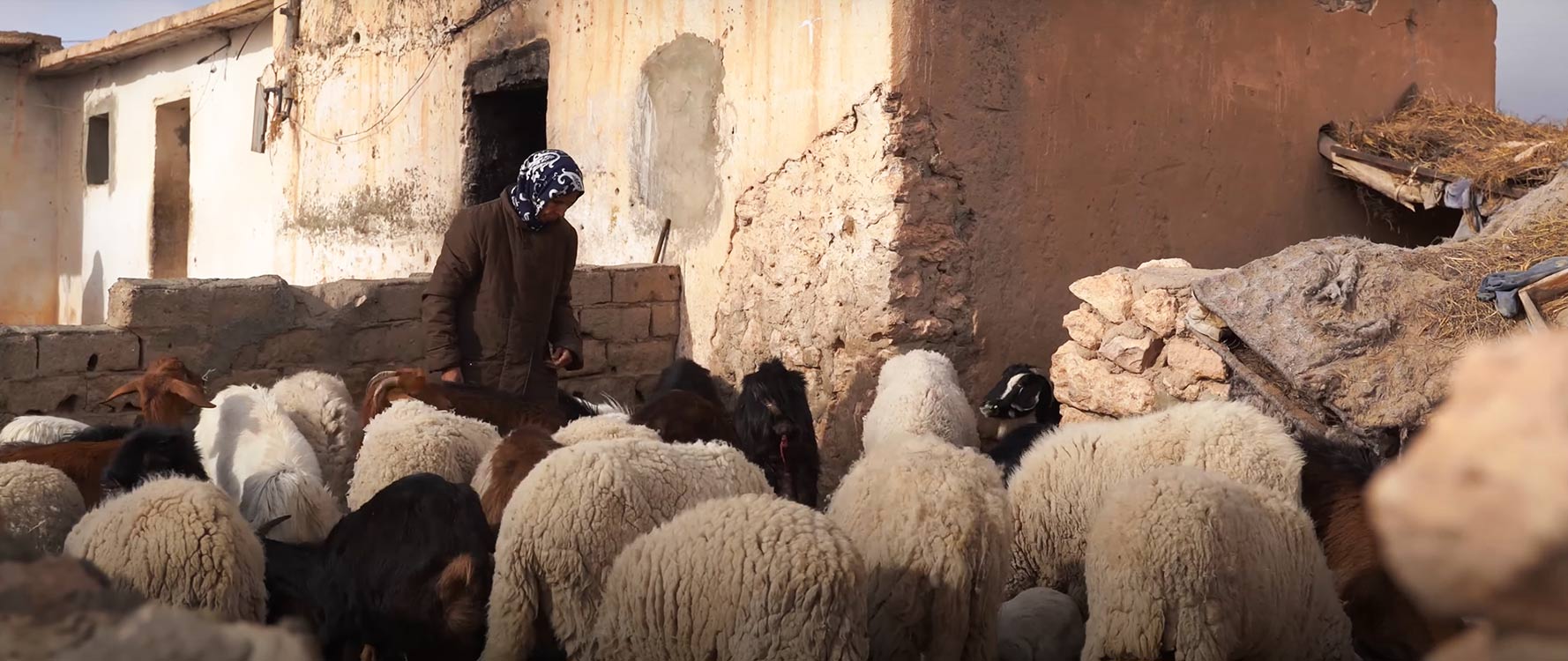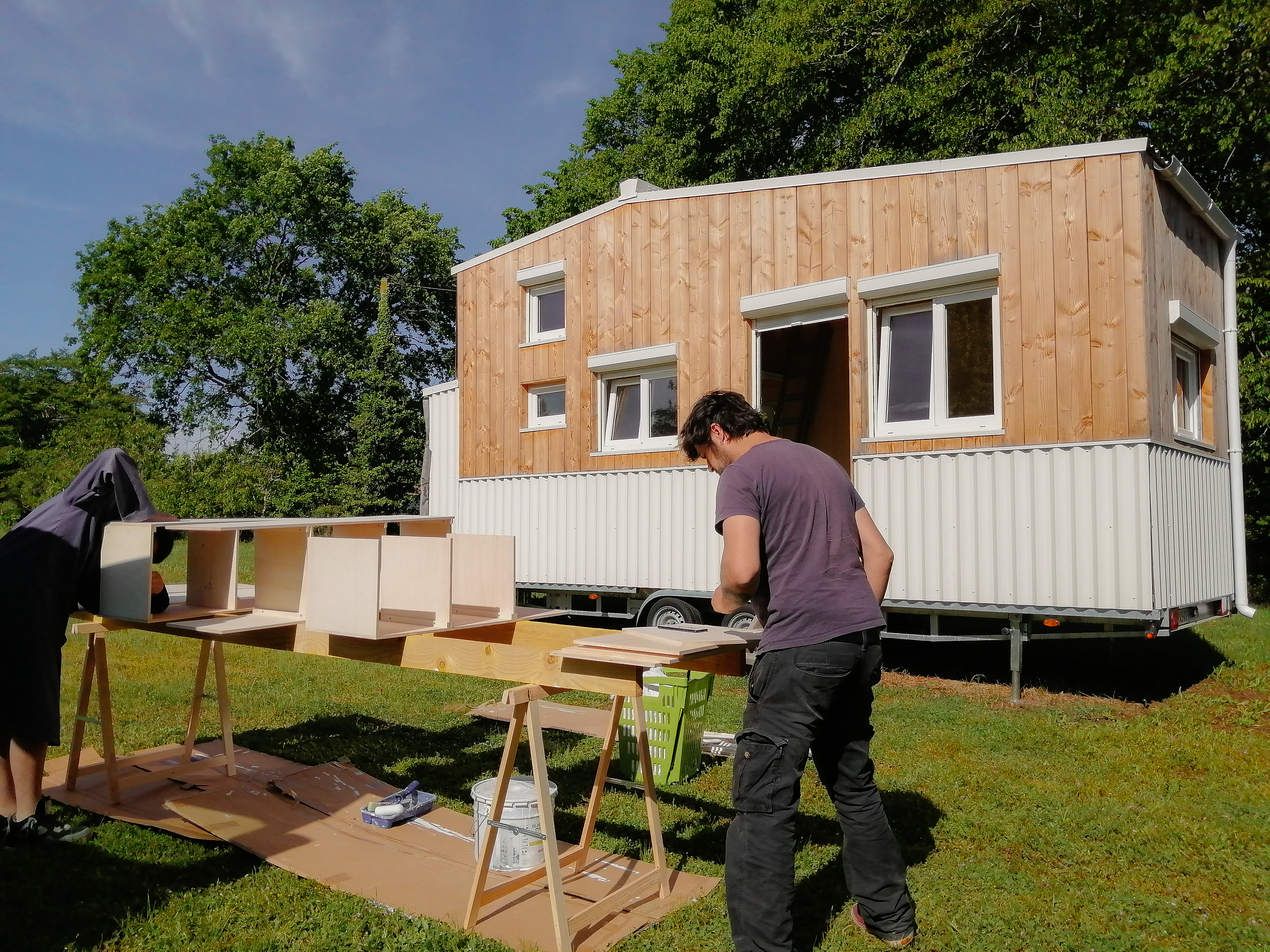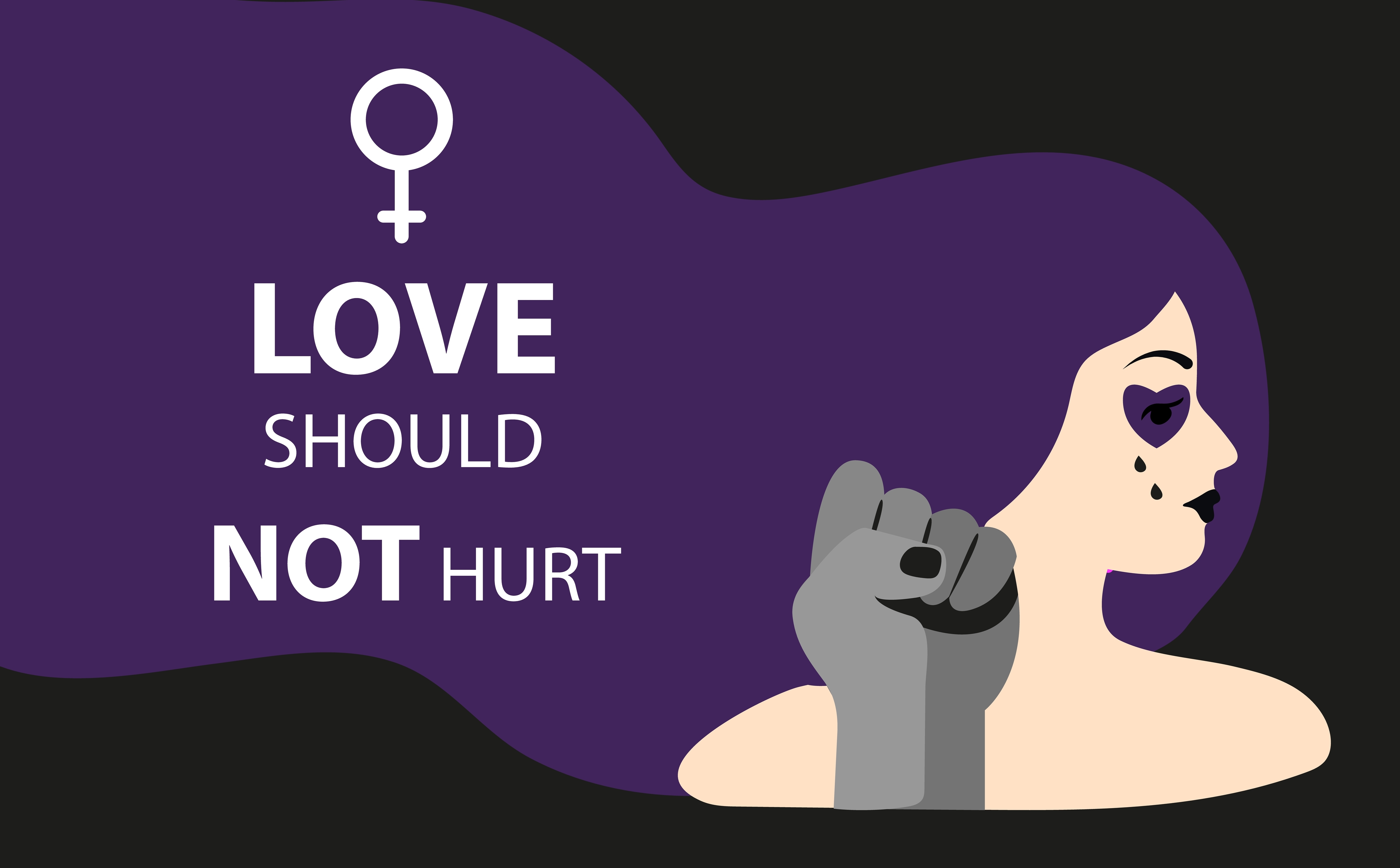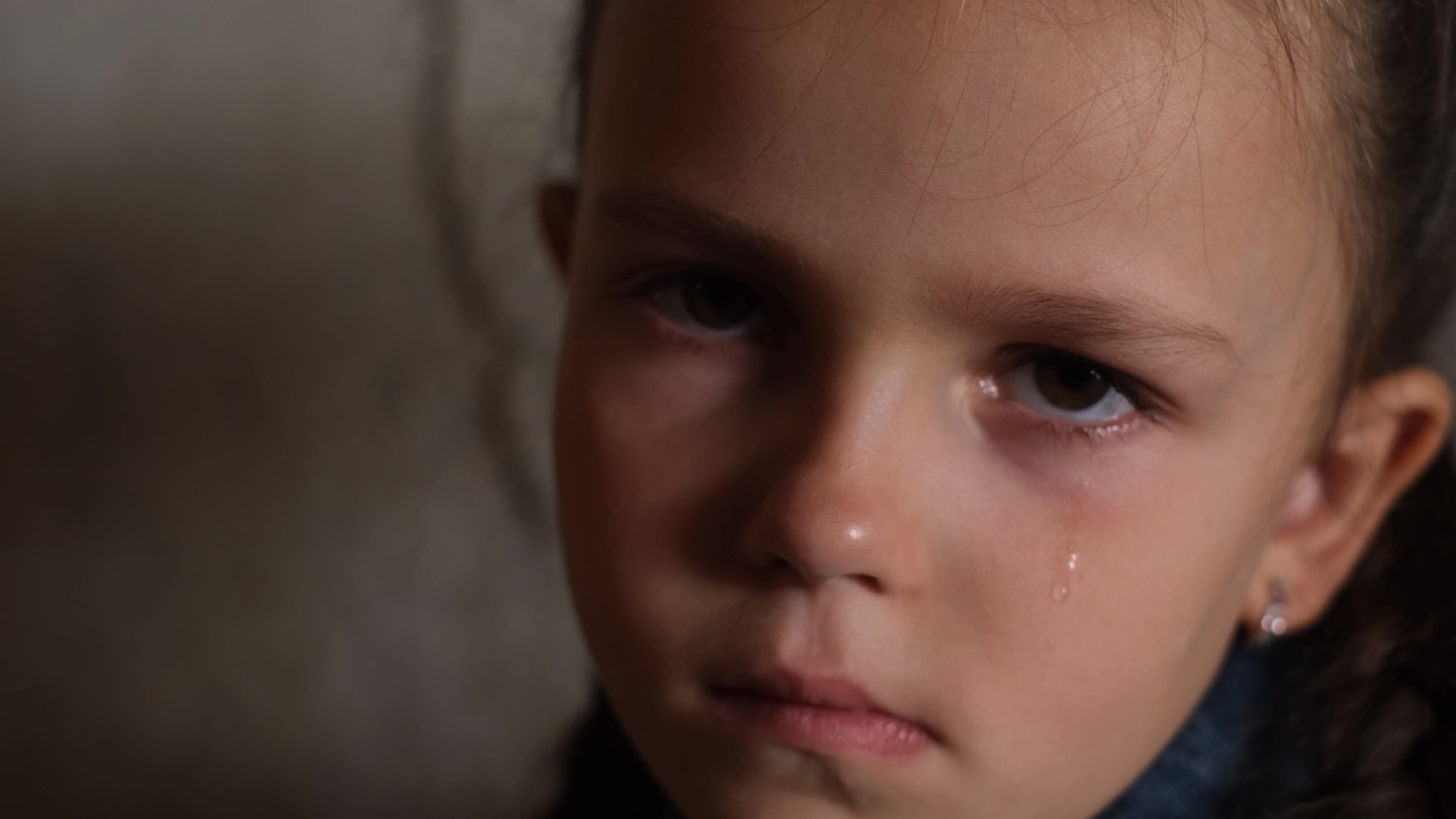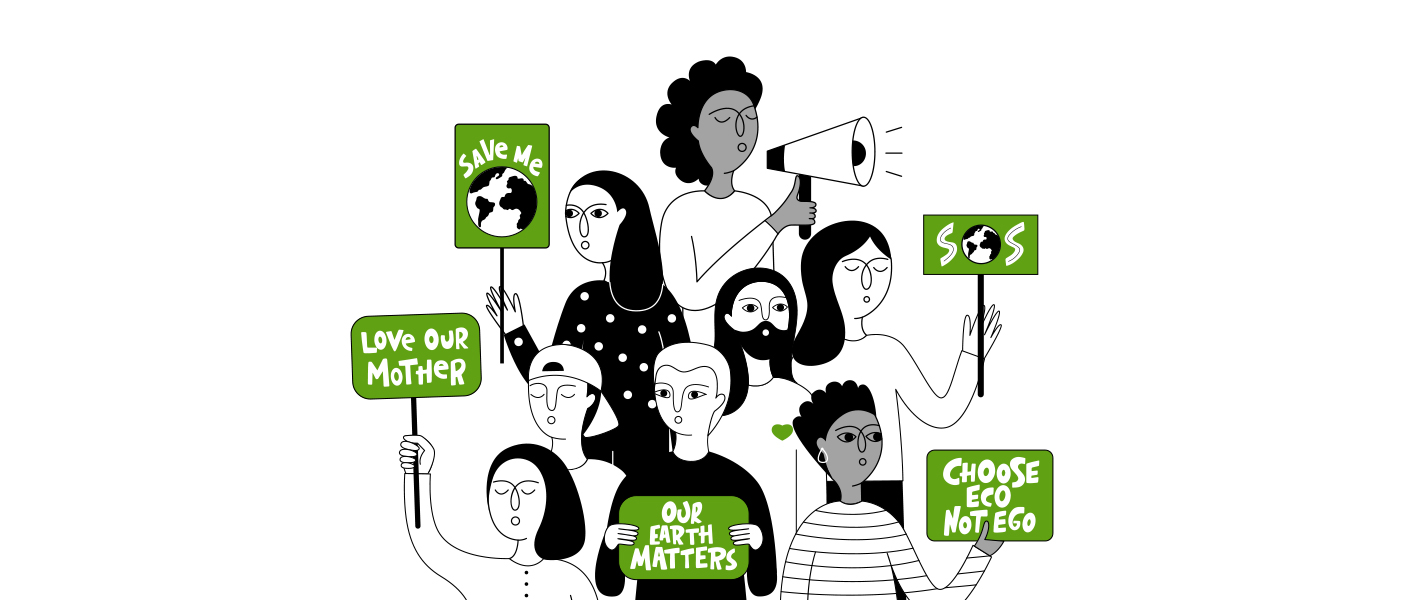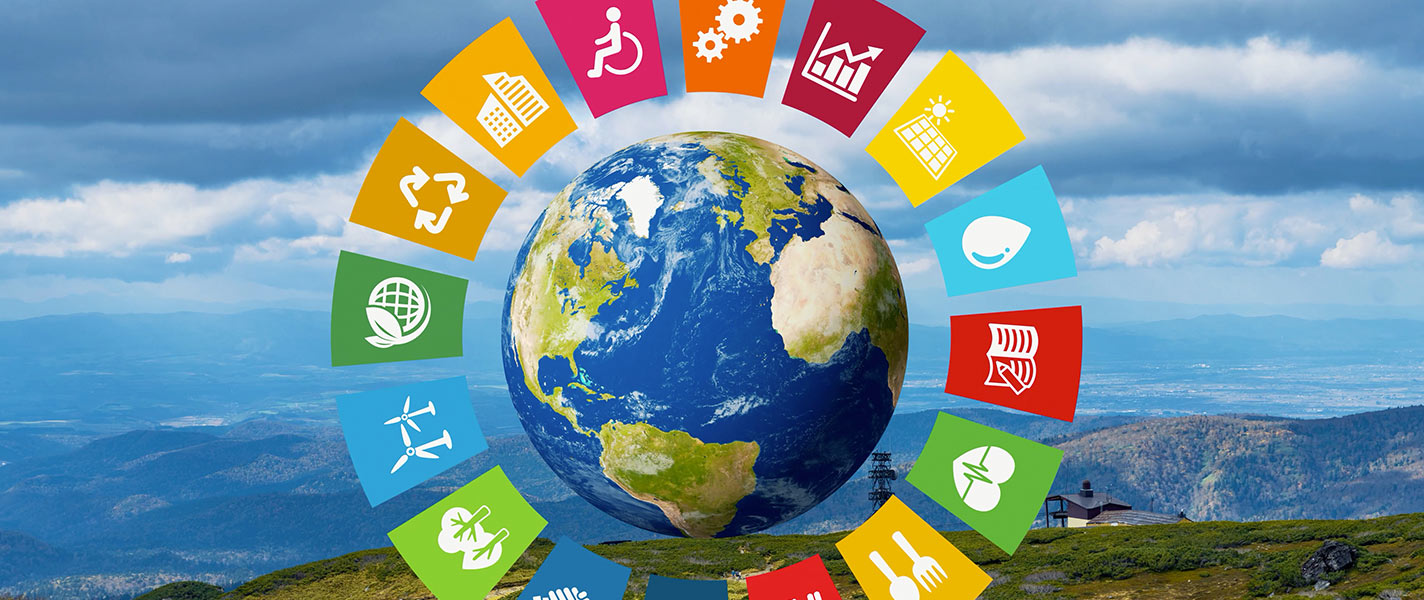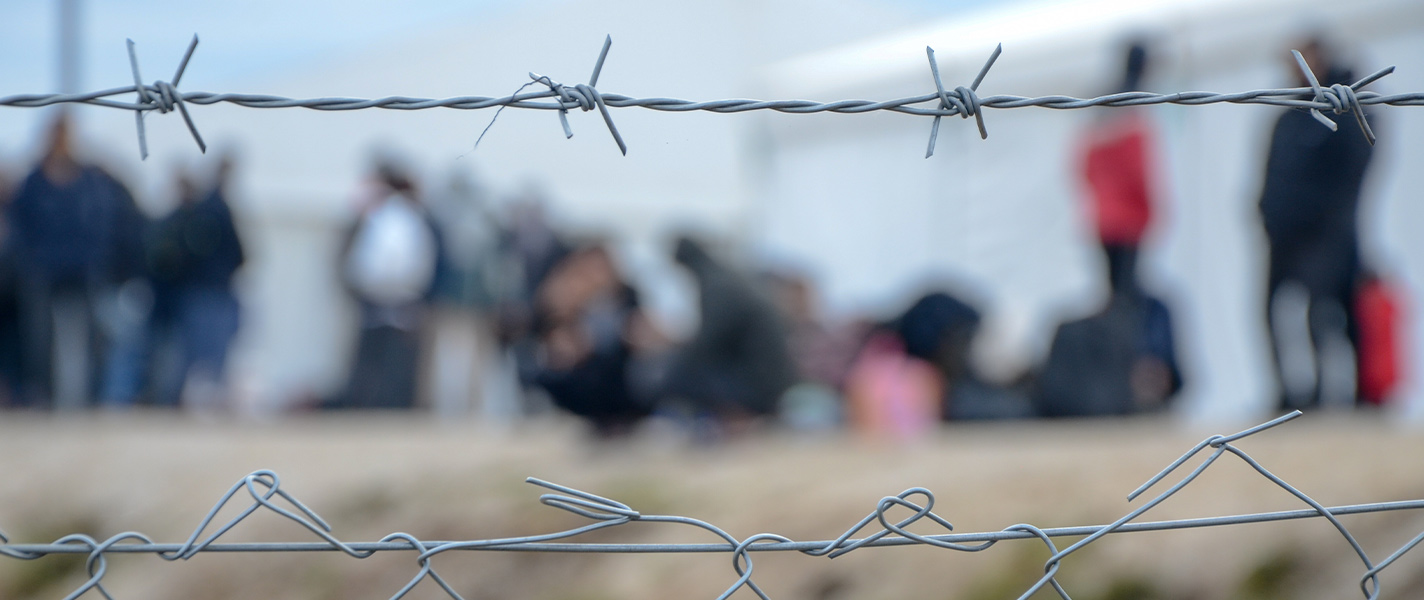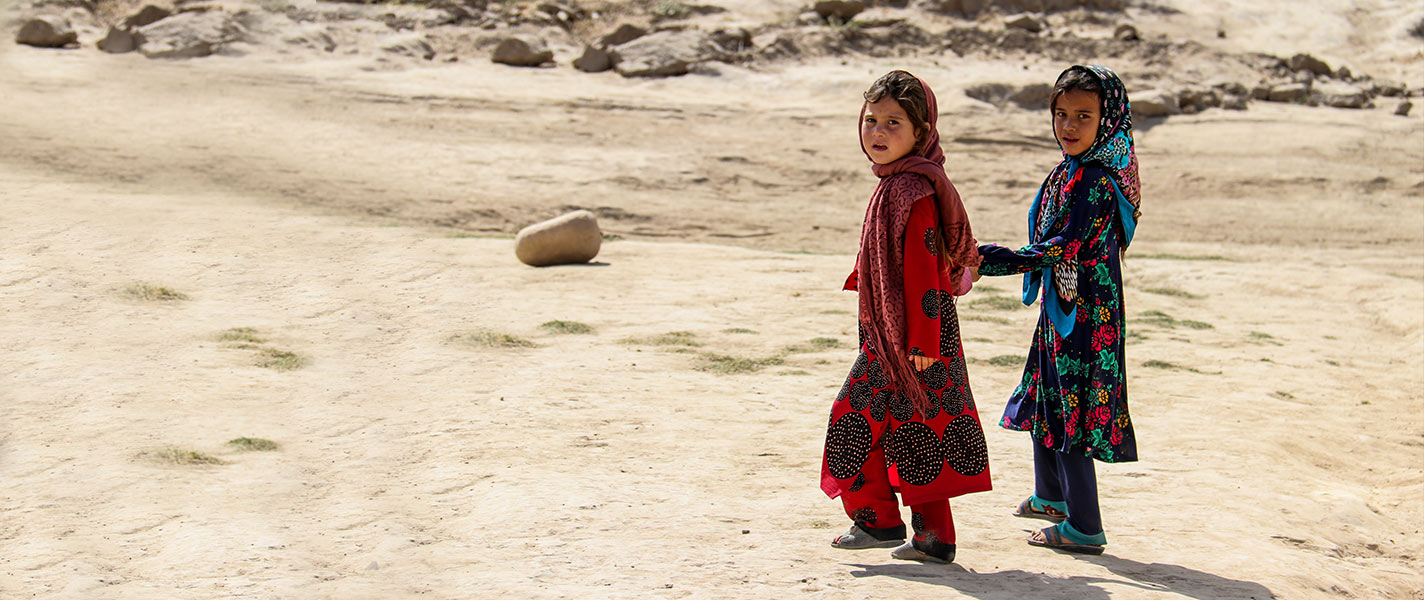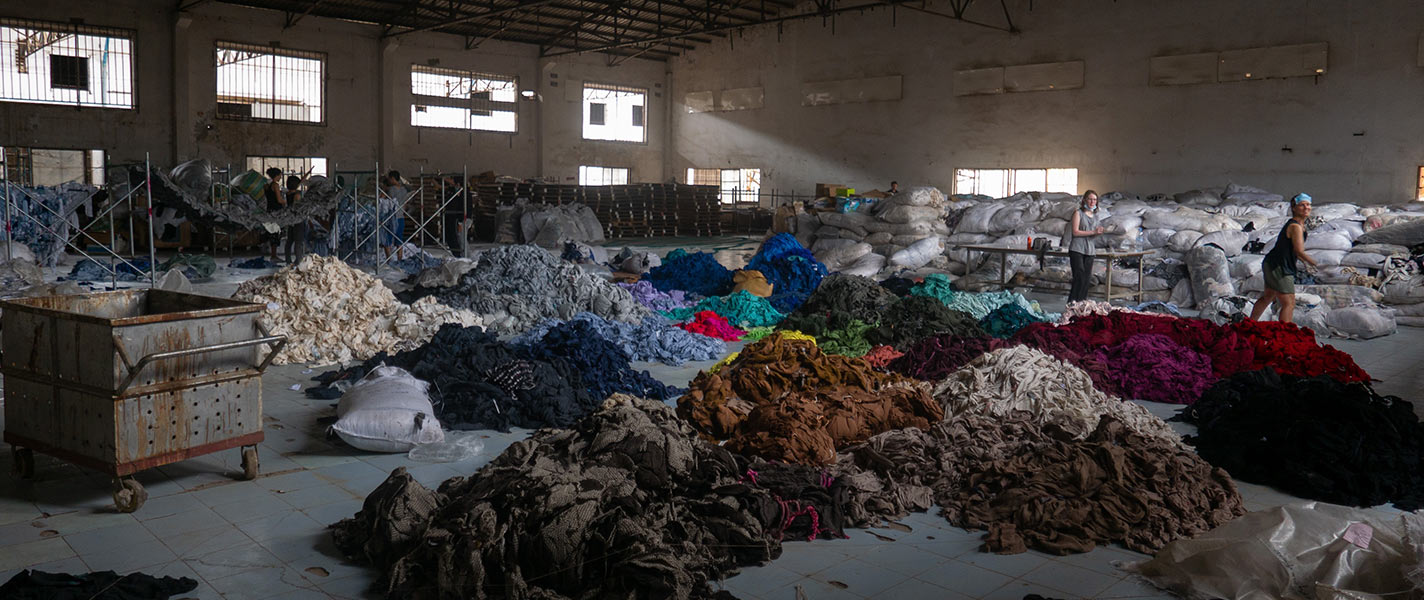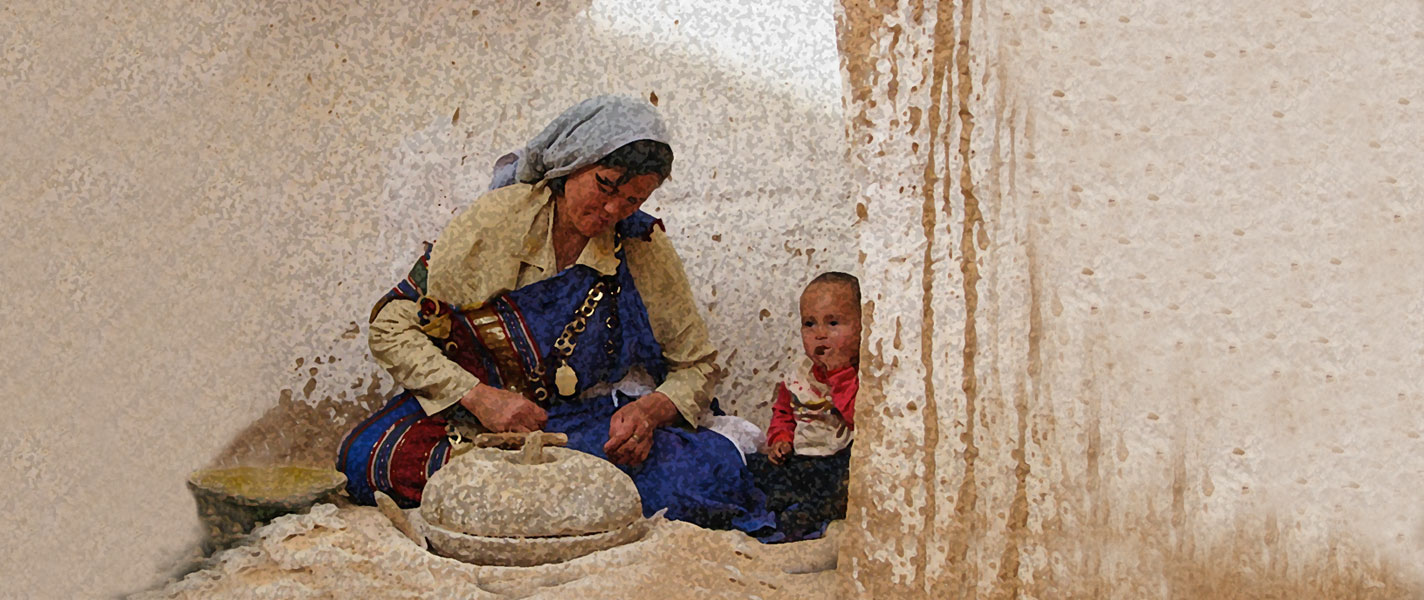A Quest for Rural Women’s Empowerment
LEED Initiative celebrates the International Day of Rural Women, commemorating the achievements and contributions of these women towards rural development and agriculture.
No one can deny the invaluable contributions of rural women to development and their large presence in the agricultural workforce worldwide. Across the globe, these women play a significant role in sustaining rural households and communities as well as enhancing rural livelihoods and overall well-being. According to the International Labor Organization, rural women comprise a quarter of the world’s population and make up 41% of the world’s agricultural force, a ratio that rises to up to 49% for low-income countries.
Although rural women are key agents for achieving the transformational, economic, and social changes needed for sustainable development, they still have a plethora of constraints in socioeconomic activities which are predominately rooted in gender-based discrimination and social norms. In fact, many societies unrecognize and undervalue their work, leading to their lack of voice and representation. Surprisingly, there is a growing body of literature on gender norms that investigates the intersectionality of the latter with the realm of agriculture. It sheds light on the unwritten, informal social rules that determine socially acceptable behavior of both sexes and how they shape the possibilities for women’s empowerment and further highlights the ethical dimensions of integrating a social norm approach into women’s empowerment in agriculture programming.
Rural women are subjected to gender inequality which transcends to the sector of the care economy. Indeed, despite their countless responsibilities, women and girls have significantly limited access to credit, health care, and education resources and services. This negatively affects their productivity and subsequently their income, which are further intensified by the global food and economic crises and climate change. According to a UN report published this year entitled “Global Gendered Impacts of the Ukraine Crisis on Energy Access and Food Security and Nutrition”, the current disruption to the food and energy markets has only further aggravated gender disparities, engendering rates of food insecurity, malnutrition, and energy poverty. Furthermore, women and girls carry a disproportionate burden of unpaid care and household work including food provision, and caring for children, the sick, and the elderly.
In order to bridge the gap for rural women, much work is acutely needed in terms of creating decent jobs, entrepreneurship training, and equal access to education, infrastructure and finance. Additionally, rural women and girls should be protected by law from any forms of impermissible work and given a valid platform to ensure their voices are heard and they are equally represented in socioeconomic life. These measures and standards will ensure their empowerment and recognition in climate action.
LEED Documentary Uncovers the Reality of the Rural Women of Kasserine
In our first edition of the LEED Video Magazine, we shed light on the struggles of rural women in the Kasserine region in Tunisia who still exist without any legal proof of identity. While Tunisia has long been cited as being at the forefront of women's rights in the Arab world, rural women and girls are still marginalized and discriminated against. Thereby, the documentary follows the story of three rural women; Kheira Hajji, Nora Yahyaoui and Mariam Yehyaoui, who are utterly excluded from socioeconomic life, unable to safeguard their rights to healthcare, voting or employment. These women contemplate their day-to-day struggles to meet their basic needs.
Although rural women make important contributions to agricultural production, food security and nutrition, land and natural resource management, and building climate resilience; they still suffer disproportionally from multi-dimensional poverty and are left out of occupational safety.
